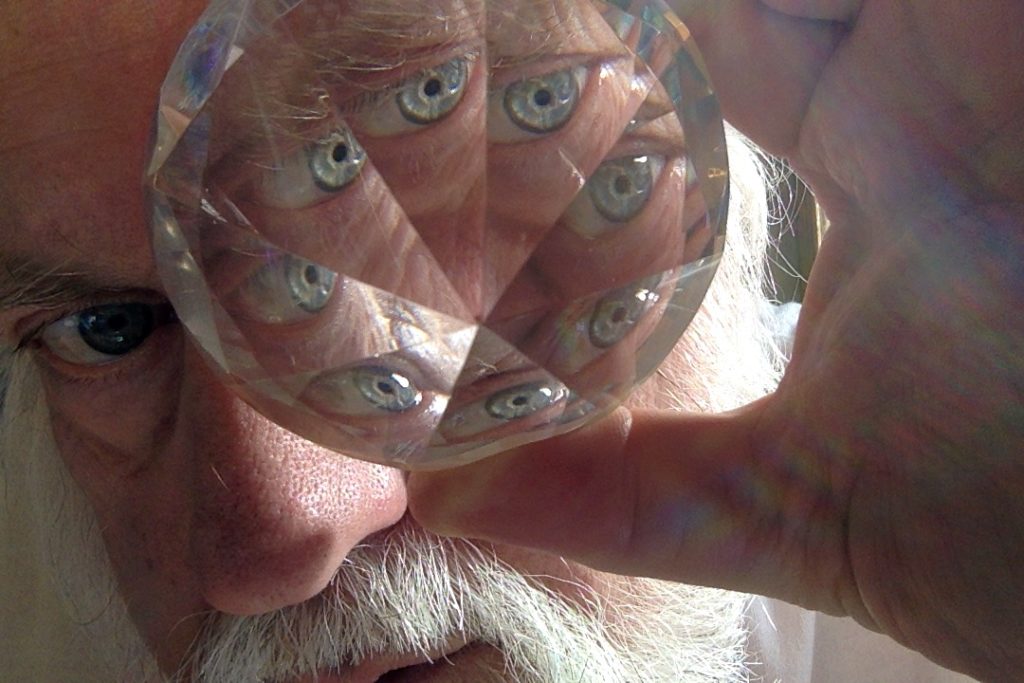Understanding the mysterious intensity of conflict in American politics today.

Rights and Rules …

Tribal moralities in conflict in e pluribus unum …

“In this chapter, we’ve considered six psychological tendencies that exacerbate intertribal conflict. First, human tribes are tribalistic, favoring Us over Them. Second, tribes have genuine disagreements about how societies should be organized, emphasizing, to different extents, the rights of individuals versus the greater good of the group. Tribal values also differ along other dimensions, such as the role of honor in prescribing responses to threats. Third, tribes have distinctive moral commitments, typically religious ones, whereby moral authority is vested in local individuals, texts, traditions, and deities that other groups don’t recognize as authoritative. Fourth, tribes, like the individuals within them, are prone to biased fairness, allowing group-level self-interest to distort their sense of justice. Fifth, tribal beliefs are easily biased. Biased beliefs arise from simple self-interest, but also from more complex social dynamics. Once a belief becomes a cultural identity badge, it can perpetuate itself, even as it undermines the tribe’s interests. Finally, the way we process information about social events can cause us to underestimate the harm we cause others, leading to the escalation of conflict.”
― Joshua Greene, Moral Tribes: Emotion, Reason and the Gap Between Us and Them
Understanding the mysterious intensity of conflict in American politics today.

Rights and Rules …

Tribal moralities in conflict in e pluribus unum …

“In this chapter, we’ve considered six psychological tendencies that exacerbate intertribal conflict. First, human tribes are tribalistic, favoring Us over Them. Second, tribes have genuine disagreements about how societies should be organized, emphasizing, to different extents, the rights of individuals versus the greater good of the group. Tribal values also differ along other dimensions, such as the role of honor in prescribing responses to threats. Third, tribes have distinctive moral commitments, typically religious ones, whereby moral authority is vested in local individuals, texts, traditions, and deities that other groups don’t recognize as authoritative. Fourth, tribes, like the individuals within them, are prone to biased fairness, allowing group-level self-interest to distort their sense of justice. Fifth, tribal beliefs are easily biased. Biased beliefs arise from simple self-interest, but also from more complex social dynamics. Once a belief becomes a cultural identity badge, it can perpetuate itself, even as it undermines the tribe’s interests. Finally, the way we process information about social events can cause us to underestimate the harm we cause others, leading to the escalation of conflict.”
― Joshua Greene, Moral Tribes: Emotion, Reason and the Gap Between Us and Them
Understanding the mysterious intensity of conflict in American politics today. Rights and Rules … Tribal moralities in conflict in e pluribus unum … “In this chapter, we’ve considered six psychological tendencies that exacerbate intertribal conflict. First, human tribes are tribalistic, favoring Us over Them. Second, tribes have genuine disagreements about how societies should be organized, emphasizing, to different extents, the rights of individuals versus the greater good of the group.
Understanding the mysterious intensity of conflict in American politics today. Rights and Rules … Tribal moralities in conflict in e pluribus unum … “In this chapter, we’ve considered six psychological tendencies that exacerbate intertribal conflict. First, human tribes are tribalistic, favoring Us over Them. Second, tribes have genuine disagreements about how societies should be organized, emphasizing, to different extents, the rights of individuals versus the greater good of the group.